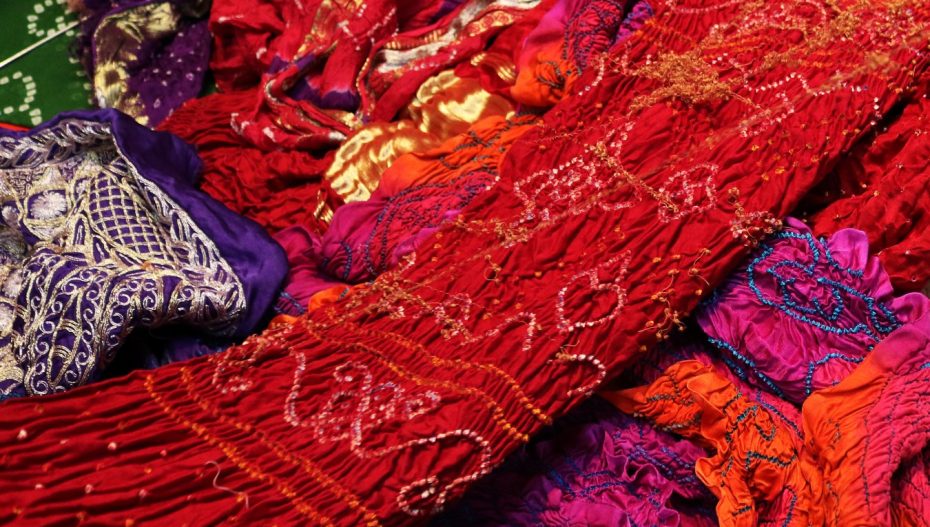Every year on August 7th, India celebrates National Handloom Day, to pay tribute to its rich heritage of traditional weaving and to honour the invaluable contributions of handloom weavers. However, the handloom artisans of Gujarat are alleging that the Gujarat government is issuing identity cards to ineligible persons.
The handloom artisans working traditionally since generations complain that only 30% of those who received the identity cards from the government are genuine. The artisans allege that the government agency, Industrial Extension Cottage (indext-c), has not put in place any system of authentication of real handloom workers. They say that INDEXT-C has issued the identity cards to those not in the handloom trade.
Those involved with the handloom and handicrafts in Gujarat have pointed out that the government list of artisans is misleading. They say that the list contains very few names of the artisans who are associated with the art-forms linked intrinsically with the identity of Gujarat. On the other hand, several people in the business of bulk manufacturing in the factories are found to be on the list.
As the deserving artisans are deprieved of the state identification, those with false certification and unjust receipt of identity cards have taken over the handloom and handicraft fairs organized by the government at regualr intervals.
The genuine artisans are at loss and disheartened by the government apathy tend to leave the traditional art. The uncheked registration without proper authentication is benefiting powerloom instead of handloom. The fairs organised by the government with the stalls at subsidised rates are also held hostage by such people and private agencies, pushng the genuine handloom workers to the brinks of penury.
There are 21000 handloom artisans who make tangaliya, patola, khadi, ikat cloths and kutchhi shawls.However, anyone visiting the handloom fairs would agree that most of the stalls have the machine made goods.
Also Read: Bombay HC Waives Cooling Off Period In Mutual Divorce Case










